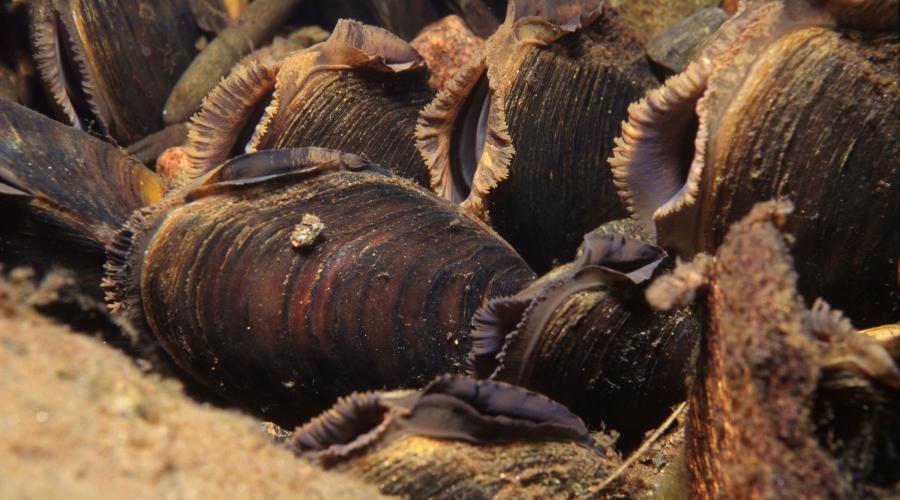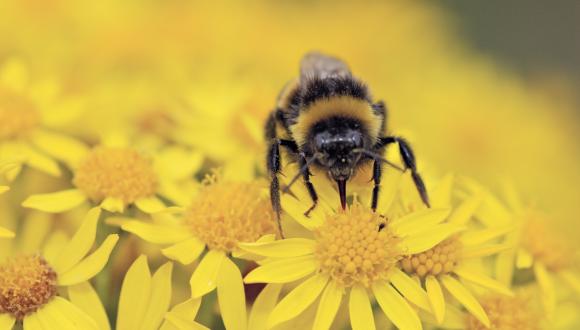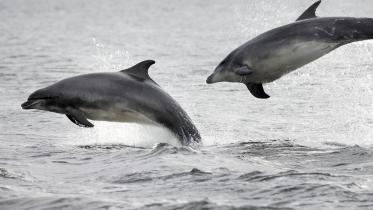
D&G biodiversity projects share £189k Nature fund cash
2 August 2019
Two nature projects will share £189,000 to help save one of Scotland’s most endangered animals and restore an almost vanished habitat at sites in Dumfries & Galloway. The projects are among the recipients of NatureScot’s (NatureScot’s) Biodiversity Challenge Fund.
Freshwater pearl mussel populations in the River Bladnoch Special Area of Conservation (SAC) will benefit from more than £35 of £120k awarded to a partnership of Fisheries Trusts: and the Borders Forest Trust has been given almost £70k to restore a vanishing habitat to the wild heart of southern Scotland.
Scotland holds many of the world’s most important populations of freshwater pearl mussels. However, the species is extremely rare in Scotland, mainly due to poor water quality, habitat damage and ongoing, illegal pearl fishing, Police Scotland run proactive operations against illegal fishers and NatureScot strongly encourages anyone who believes they have witnessed wildlife crime to contact the police as soon as possible.
The River Bladnoch catchment in Dumfries & Galloway supports our most southerly reproducing population of this critically endangered species – but it is small and very fragile. The Galloway Fisheries Trust will carry out work to improve conditions for the mussels in its tributaries, one of three sites covered by the project; the other two are in the Highlands. Work will include planting more than 1700 native trees along a 9km stretch of bank; 1.4km of fencing will be installed to exclude grazing livestock; and boulders added to improve flow conditions and instream habitat.
Montane scrub is a rare habitat found just above the treeline on hills, supporting a range of unusual plants and invertebrates and providing important feeding areas for birds and mammals. In Scotland the habitat has been severely impacted by grazing deer and sheep.
The Borders Forest Trust will restore 50 hectares of montane scrub across three sites in the Moffat Hills SAC, straddling Dumfries & Galloway and the Scottish Borders. With help from a small army of volunteers, 20,000 trees and shrubs will be planted and protected, with an additional 200 bearberry plants helping to restore upland heath habitat at Carrifran Wildwood.
Nicola Hunt, Borders Forest Trust’s Woodland Habitats Projects Manager, said: “We’re delighted that NatureScot has awarded this funding to our project. The Trust has a long track record of delivering high quality nature projects in this special part of southern Scotland. With the help of our fantastic volunteers, this new work will provide further significant long term benefits for the area’s biodiversity and also help combat climate change. If you’d like to get involved in the planting work please do get in touch.”
Along with climate change, nature – and biodiversity loss – is also a global and generational threat to human well-being. However, enhancing our nature is also recognised as being part of the solution to the climate emergency.
These projects are two of 14 successful applicants across Scotland to share the £1.8 million Biodiversity Challenge Fund over a two-year period The funding will support large-scale projects that aim to deliver rapid change on the ground to help our most at-risk habitats and species, including mammals and birds, connect existing nature reserves and tackle non-native invasive species.
Minister for Rural Affairs and the Natural Environment, Mairi Gougeon, announced the awards on a visit to one of the successful projects in Edinburgh. She said: “I am delighted that, through the Biodiversity Challenge Fund, the Scottish Government and NatureScot can support these fantastic projects across the country to safeguard some of our most vulnerable species and habitats, and protect them from invasive species. Their success will play a crucial role in our efforts to improve nature and help Scotland meet its international biodiversity commitments.”
NatureScot Chief Executive, Francesca Osowska, said: “Climate change is one of the key drivers of nature loss – but it’s not too late to act. In fact, improving nature is also one of the solutions to the climate emergency.
“There are five areas we need to focus on to improve biodiversity – restoring our habitats, changing our use of the land and sea, reducing pollution and climate change and tackling invasive non-native species. These projects will improve nature across Scotland for all our benefit.
“We know we have a big task before us but we have been working for years with our partners to meet international nature targets. We are ready to deliver the transformational change needed to bring a nature rich future for Scotland.”




